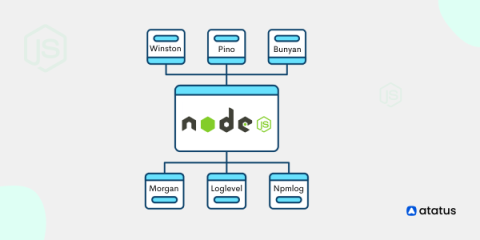Mastering Automation Through the Power of Documentation
We've said it before and we'll say it again: Visible APIs get reused, not reinvented. Ensuring that developers can easily work with APIs is essential. To make this happen, we need to provide them with clear documentation and helpful resources. That's where SwaggerHub Portal comes in, simplifying the process and making it easier for developers to get the job done.













